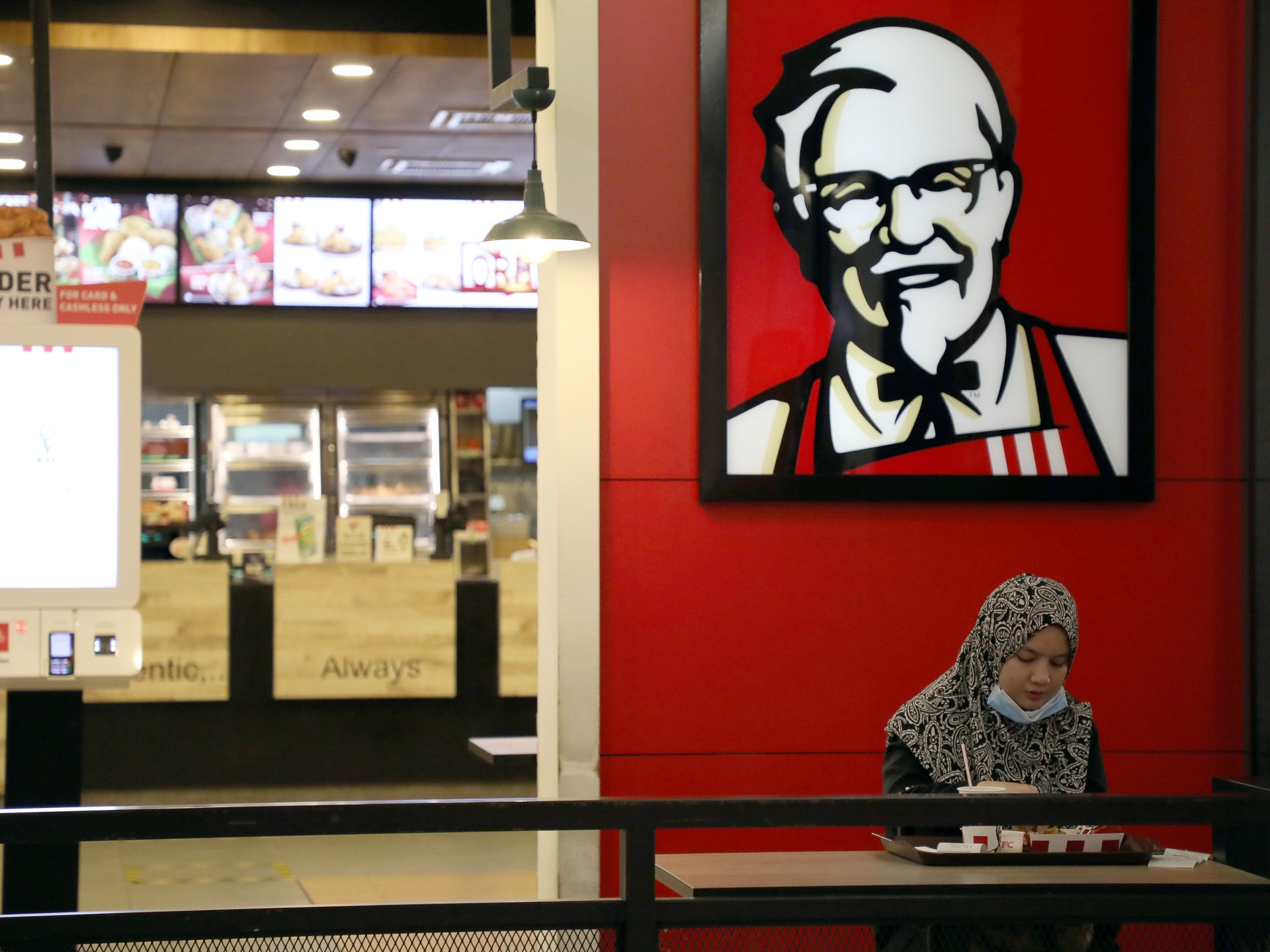Following growing calls to boycott the chain over Israel’s actions in Gaza, KFC Malaysia has temporarily closed some of its outlets. The country, with a Muslim population of over 60 percent, has seen widespread support for such boycotts.
QSR Brands Holdings Bhd, which operates KFC and Pizza Hut restaurants in Malaysia, cited “challenging economic conditions” as the reason for the closures. They also mentioned a focus on high engagement trade zones as part of their efforts to manage increasing business costs. Employees from affected stores were given the opportunity to relocate to busier locations as part of the company’s re-optimization efforts.
The company emphasized its commitment to serving the Malaysian community and preserving the love for the KFC brand while safeguarding its employees. QSR Brands did not provide specific details about the challenging economic conditions they mentioned, leaving room for speculation in local media.
Reports from local media outlets have linked the closures to boycotts against Western brands perceived to have ties to Israel. In February, McDonald’s reported a minimal sales growth during the fourth quarter of 2023, crediting boycotts in Middle Eastern countries for their lackluster performance. Unilever also cited a decline in sales in Indonesia at the same time, attributed to consumer-facing campaigns related to geopolitical issues.
These trends pose challenges for Western brands with ties to Israel and highlight the impact that consumer-facing campaigns can have on business operations in Muslim-majority countries.
QSR Brands Holdings Bhd stated that providing quality products and services while contributing positively to the Malaysian economy remains their core focus.
Google Map data shows numerous affected outlets across Malaysia, indicating that boycotts are becoming more common in Muslim-majority countries. The trend is expected to continue as consumers become more aware of geopolitical issues and their impact on businesses.
In conclusion, KFC Malaysia’s temporary closure of some outlets highlights how consumer-facing campaigns can impact business operations in Muslim-majority countries. While QSR Brands Holdings Bhd emphasized their commitment to serving their customers and contributing positively to the Malaysian economy, it is clear that these actions may not be enough if consumers continue to target Western brands with ties to Israel.


